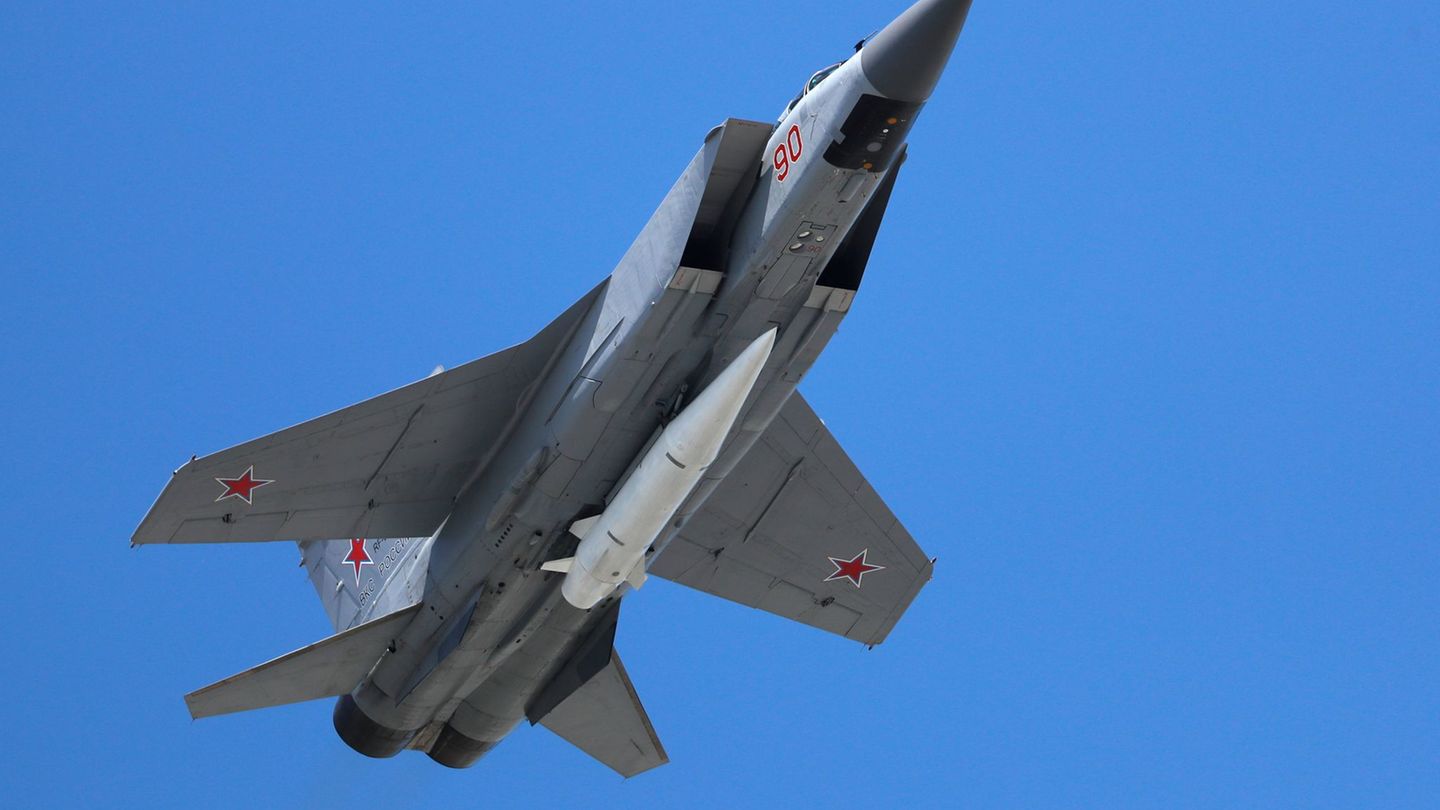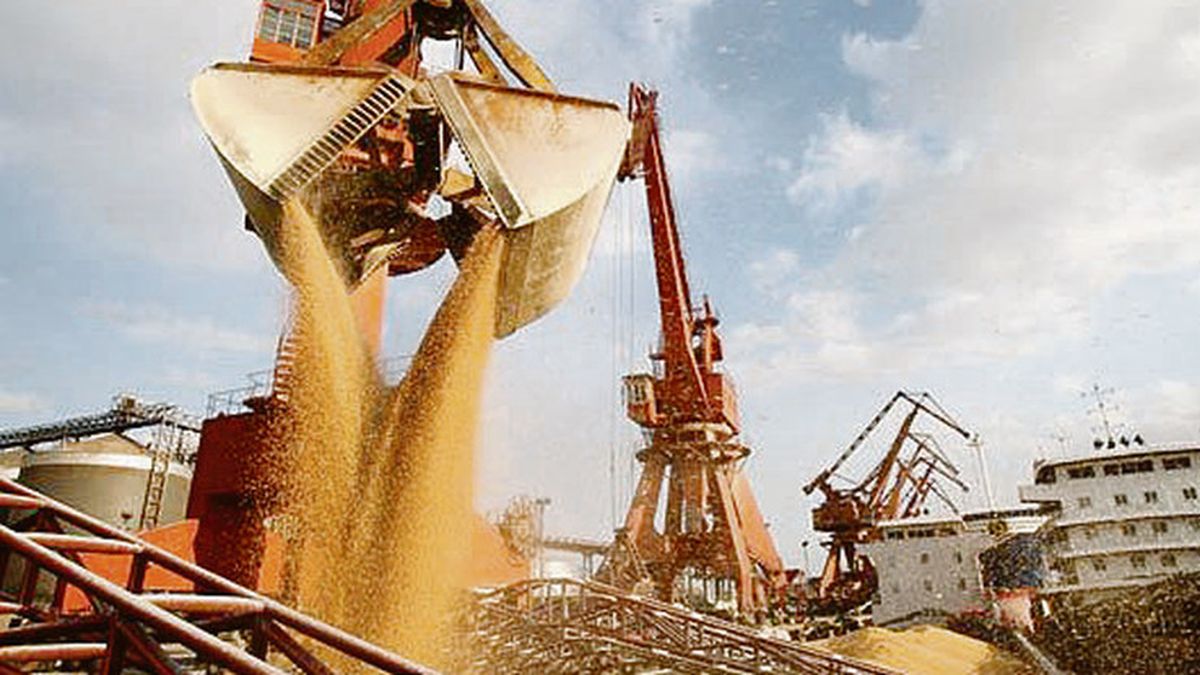BASF sold more products in the second quarter. Nevertheless, sales fell. Business was particularly bad in one division.
The world’s largest chemical company, BASF, felt the effects of lower sales prices and significantly worse business with agricultural chemicals in the second quarter. Negative currency effects also continued to weigh on the company, but higher sales volumes could not compensate for these. Sales shrank by 6.9 percent year-on-year to 16.1 billion euros in the three months to the end of June, the Dax-listed company announced in Ludwigshafen on Friday. The share lost more than three percent in early trading, putting it at the bottom of the Dax.
Thanks to the austerity measures, operating earnings before interest, taxes, depreciation and amortization (adjusted EBITDA), adjusted for special items, remained at roughly the same level as the previous year at just under two billion euros. While BASF earned more in half of its segments, operating profit in the agricultural chemicals business in particular collapsed. BASF attributed the latter to significantly lower prices for the crop protection product glufosinate-ammonium.
BASF recently announced that it would cease production of the active ingredient at its Knapsack and Frankfurt sites by the end of the year. Production of glufosinate ammonium in Frankfurt will end at the end of 2025. The closure of the production and formulation plants will lead to additional special charges in the low three-digit million range in the third quarter, said Chief Financial Officer Dirk Elvermann in a conference call with analysts.
The bottom line was that shareholders received a profit of 430 million euros in the second quarter – compared to 499 million euros a year earlier.
The chemical company confirmed its targets for 2024. For the year, BASF continues to target earnings before interest, taxes, depreciation and amortization (EBITDA) and special items of between 8.0 and 8.6 billion euros, up from just under 7.7 billion euros in the previous year.
Since the end of April, BASF has had a new CEO, Markus Kamieth. Long-time CEO Martin Brudermüller has left his successor a difficult legacy. In February, when presenting annual figures, Brudermüller announced another billion-euro savings program and further job cuts at the main plant in Ludwigshafen. BASF has been making a loss in Germany for two years. The largest production site is to be reorganized.
“We are well on the way to achieving the targeted annual savings of 2.1 billion euros by the end of 2026,” said CFO Dirk Elvermann. The board is currently implementing the measures announced at the beginning of 2023. By the end of this year, the board expects annual savings of around 800 million euros. The ultimate goal is 1.1 billion euros. The company is also making good progress with the program announced in February with a focus on the Ludwigshafen site, said the manager.
Specifically, the DAX company’s headquarters are to save an additional one billion euros in costs annually by the end of 2026. It is unclear how many jobs will be lost in Ludwigshafen.
Source: Stern




